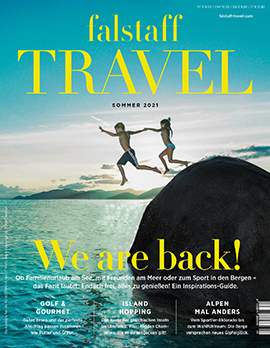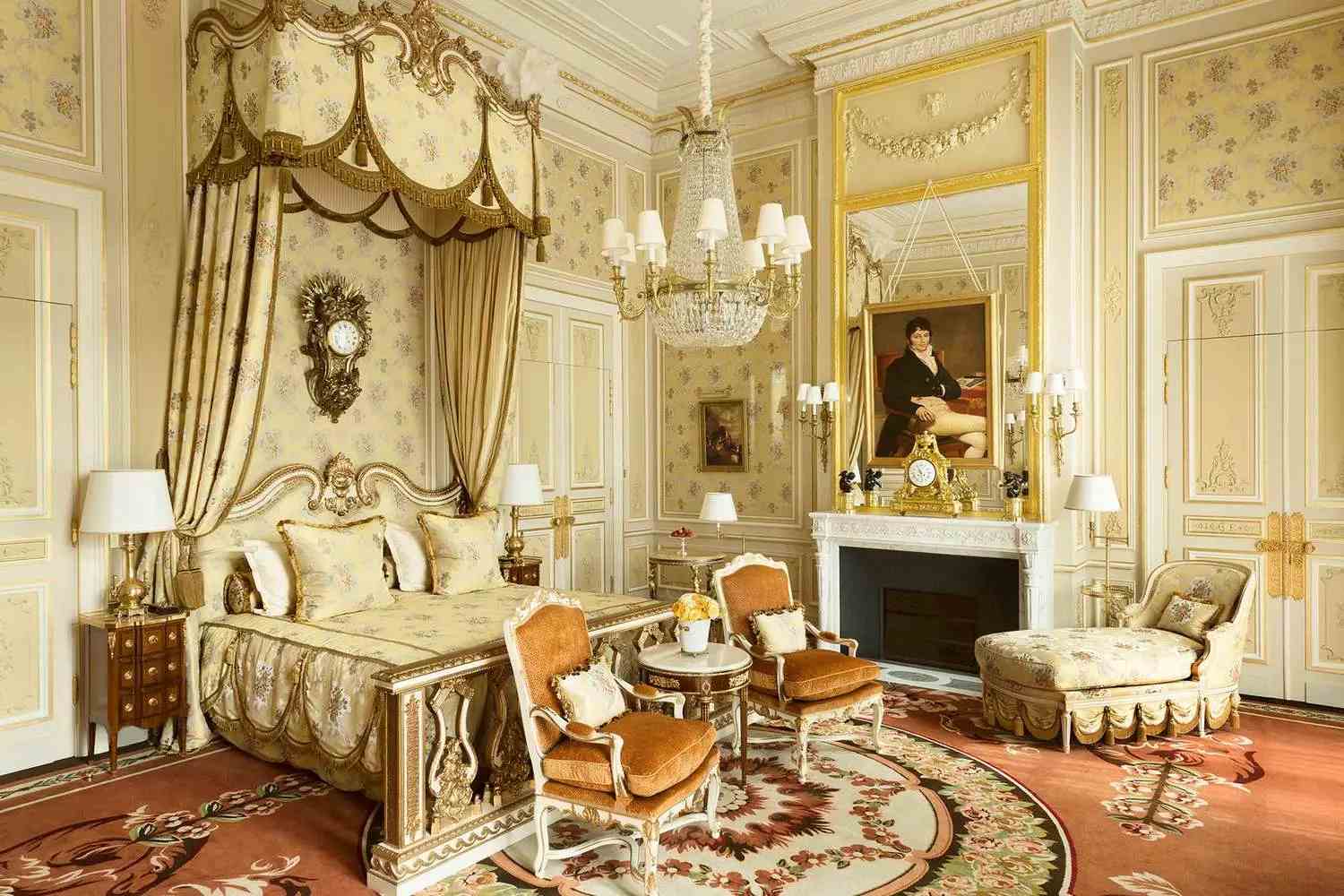
Back to the future - The trend towards nostalgic holidays
This is what lies behind the history of travel
10 February 2021
Travelling used to be not only an elitist affair, but also very familiar: one visited friends and relatives, before the first grand hotels opened their doors. Why nostalgic holidays like back then are in again.
"Why, this car just knocks your soul out! - and the seats! - hard as stone! - from Wasserburg, I don't think I could get my butt all the way to Munich!", Wolfgang Amadeus Mozart complained about the stagecoach as a means of transportation that was common at the time. Public transport already existed in the 18th century, but travelling was arduous. Those who did not have to travel preferred to stay at home.
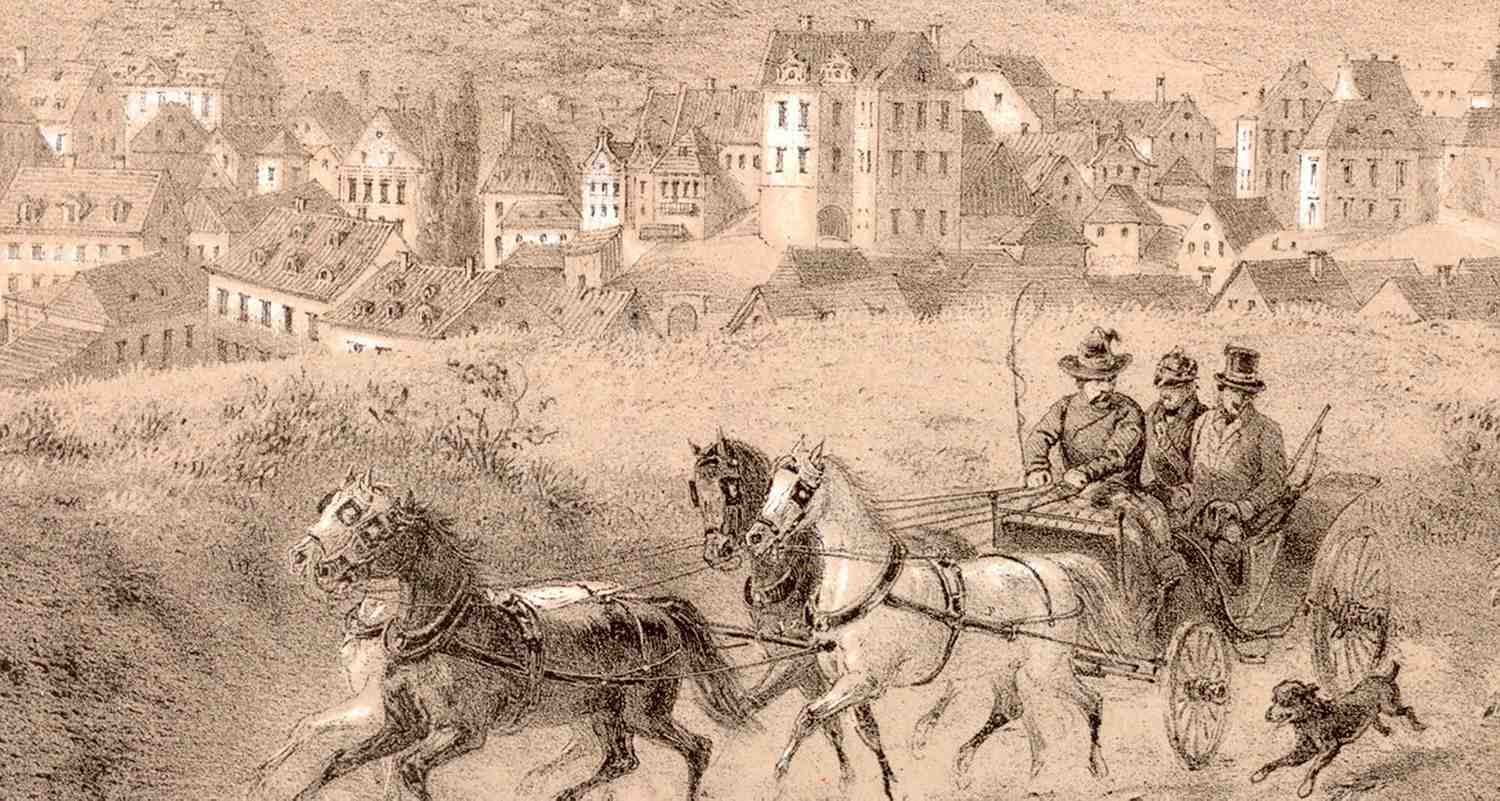
That one should take a break from one's job is a relatively recent realization anyway. In the Middle Ages, "urloup" simply meant "time off from work", which you took when you had to go to a funeral or other family business. No one took a trip unless they had business or religious goals. A pilgrimage, a trade matter, nobles controlling their estates: travel was tied to specific purposes. It wasn't until the late 17th century that English nobles had an idea that was as elite as it was compelling: they sent their sons on what they called the Grand Tour. The male offspring were supposed to travel through Europe, improve their language skills, get to know art and culture, and do what today would be called networking on the side: they stayed overnight with relatives and acquaintances, got to know the different noble courts, and perhaps this resulted in connections they could fall back on later. Curiosity about the world had suddenly become a virtue, the wanderlust of the upper classes also spilled over into Europe, and there was talk of cavalier travel. Italy was particularly popular as a travel destination.
Classic educational tour
"See Naples and die," a famous quote from Goethe's Letters from Italy, proves that even in the 18th century, people knew how to brag pointedly. A sentence made for social media. Between 1786 and 1788, Goethe completed his classic educational journey, during which he kept detailed travel diaries. Like many aristocrats on their Grand Tour, Goethe had portraits painted of himself in the Italian countryside or in front of striking buildings. These painted proofs that one had actually been there were then proudly hung on the walls at home. These early selfies usually show young, self-confident men expertly posing. The Grand Tour gave them self-confidence, one was on the road for up to three years, alcohol consumption and the one or other erotic adventure were probably also part of it, as the British travel journalist Tony Perrottet vividly describes in his book "The Sinner's Grand Tour: A Journey through the Historical Underbelly in Europe". The Grand Tour was an adventure, individual freedom and aristocratic sense of family balanced each other out.
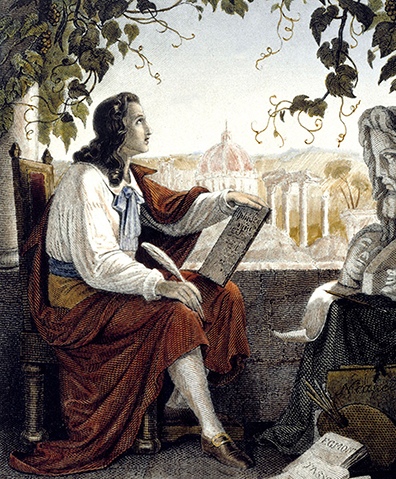
In times of mass tourism, many are longing again for a trip where you don't have to fight over a parking space, wait at a flight counter or in a hotel lobby. Even before the Corona pandemic, the trend towards social distancing was emerging: True luxury is having your peace and quiet. Not having to see anyone, not being seen by anyone. What is part of everyday life for Hollywood stars is now coveted by broader audiences: an island to yourself, or at least a beach villa or chalet that feels like you're here alone.
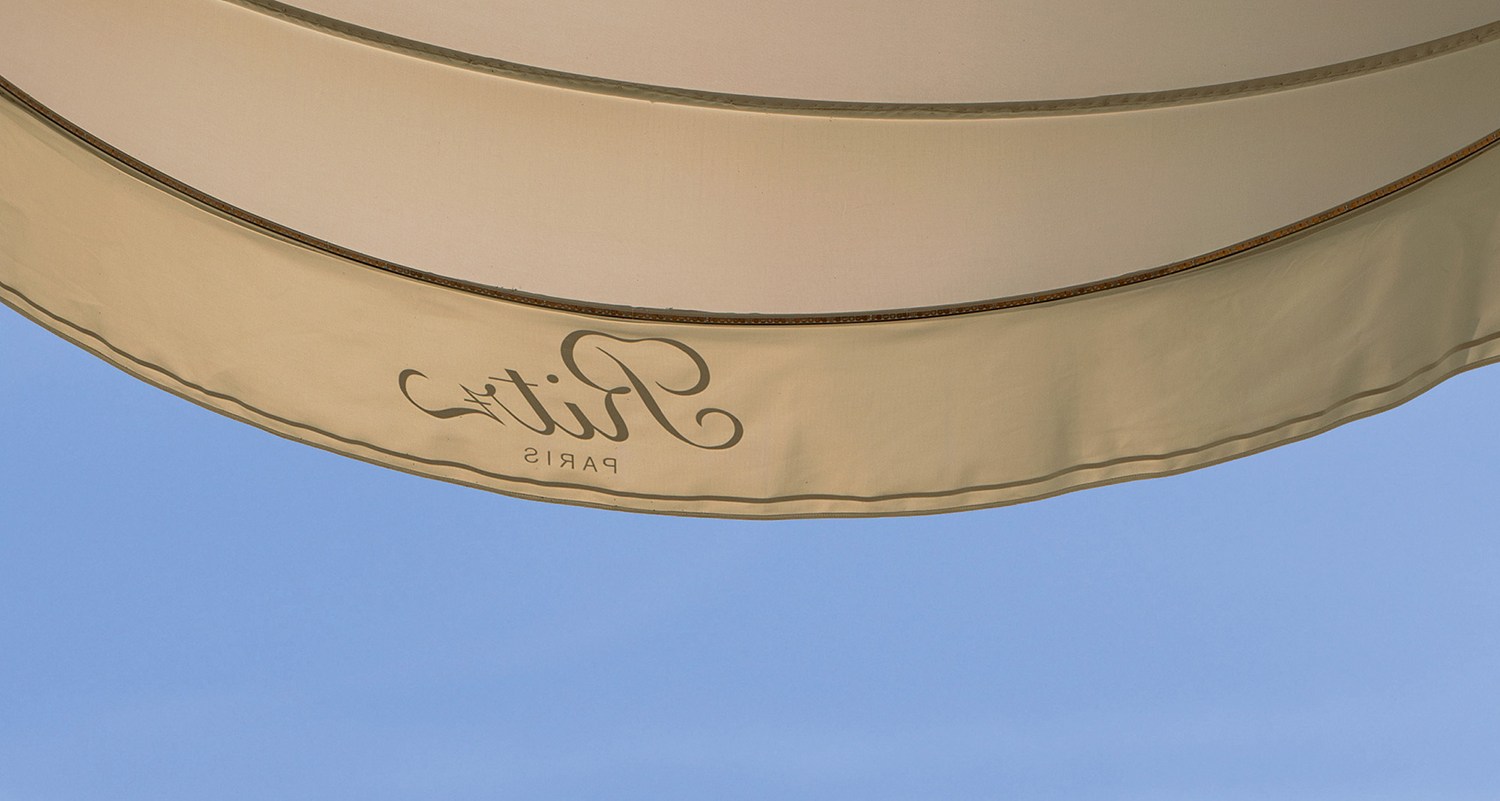
So it has once again become en vogue to visit relatives and friends in their country homes, to retreat from the world. To have a safe, protected place for oneself. The travel industry has responded to this - with hotels that you can rent as a whole for yourself and your family. Butler service and separate entrances so you don't have to stand in the elevator with a stranger. Travel has become more private again, people want to spend time with their clan instead of hanging out by the pool with strangers. Even at less exclusive resorts, the Corona virus has changed things: People rent the sauna and spa area by the hour instead of having to share it with others. A new exclusivity, and it will be hard to do without it again.
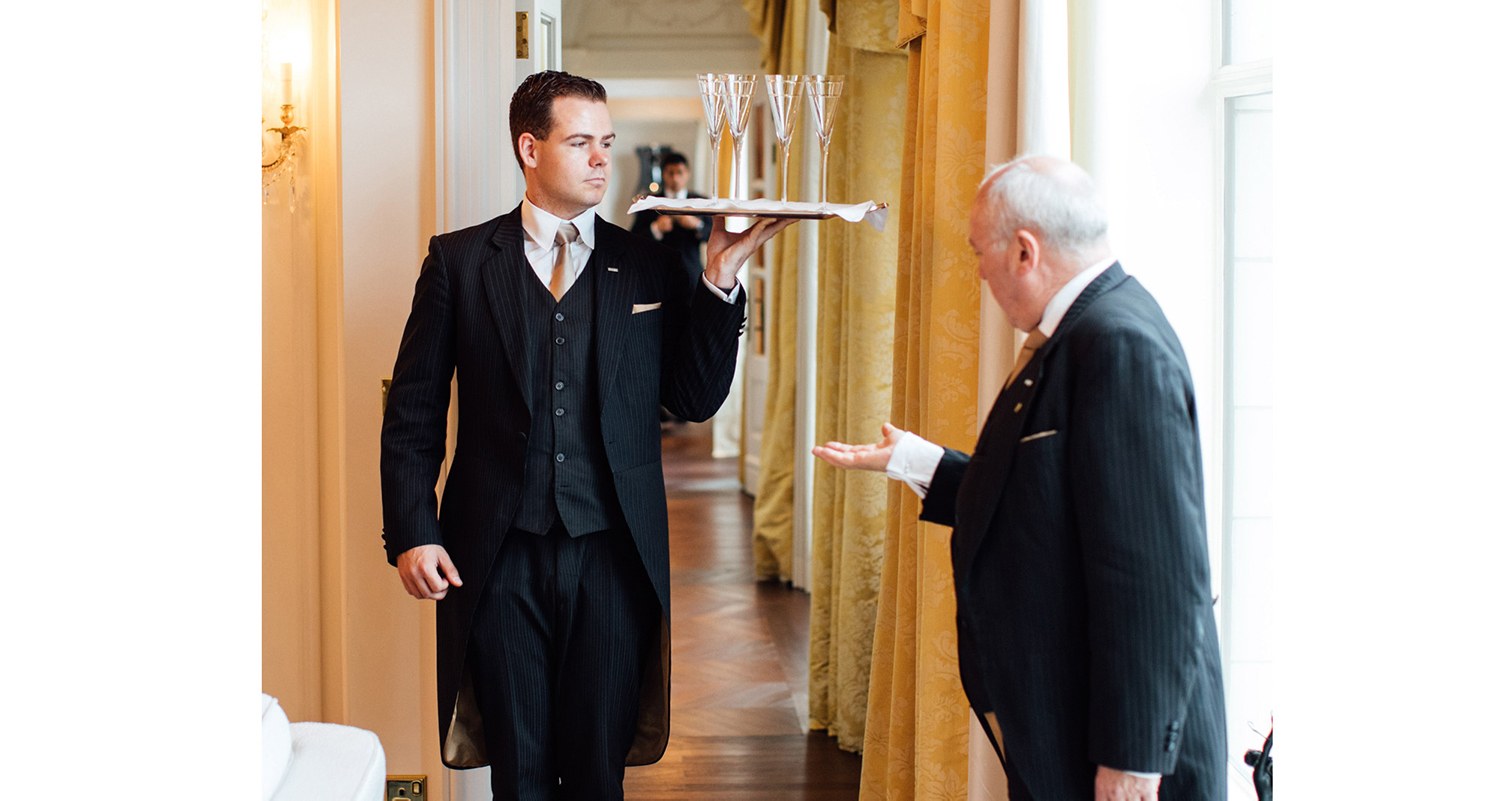
Travelling rooms
Nostalgia is the order of the day. One thinks back to the grand hotels, a bourgeois invention, which wanted to imitate the castle of the nobility. Distinction was an essential feature, manners were cultivated, noble restraint was obligatory. The London "The Savoy", with breathtaking views of the Thames, opened in 1889, it was the first luxury hotel on British soil. For the first time there were electric elevators, so-called moving rooms. Intercom tubes were installed in the rooms so guests could communicate their wishes to the staff. Private bathrooms were also a novelty at the time.
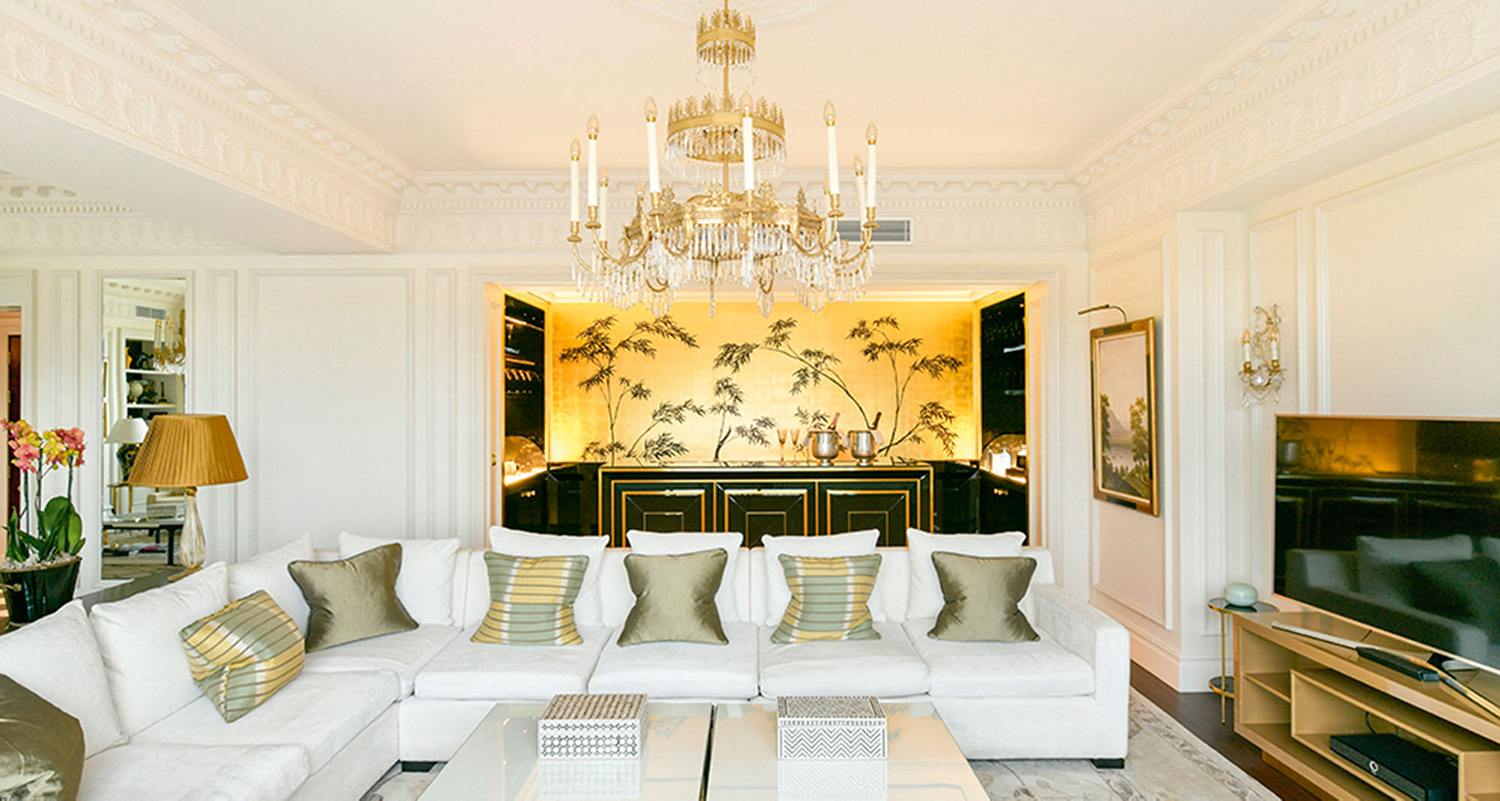
Grand hotels like these breathe history. Marlene Dietrich stayed at The Savoy. She wanted twelve red roses and a bottle of Dom Pérignon waiting for her in her room. But grand hotels also had a major influence on upscale cuisine. The French master chef Auguste Escoffier, who worked at "The Ritz-Carlton" among other places, began to rethink classic cuisine; he systematized and simplified dishes. Even then he used seasonal ingredients and avoided garnishes. His motto has regained importance today: "As little as a bad wine develops into a noble drop, as little can a really good dish be produced with inferior material."
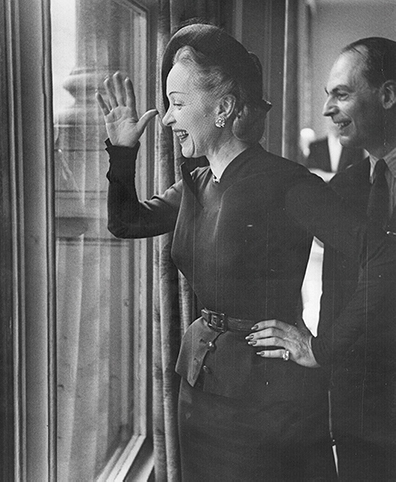
Individual treatment
I can't do without The Ritz-Carlton, Paris"is still considered the top address for five-star hotels today. Yet its founder came from humble beginnings, the mountain farmer's son Caesar Ritz comes from the Swiss Alps, in the summer he was a goat herder. The World's Fair lured him to Paris in 1867. The recipe for success of his hotels was simple and yet highly complicated: He understood early on how to research and respond to the habits and preferences of his wealthy guests.
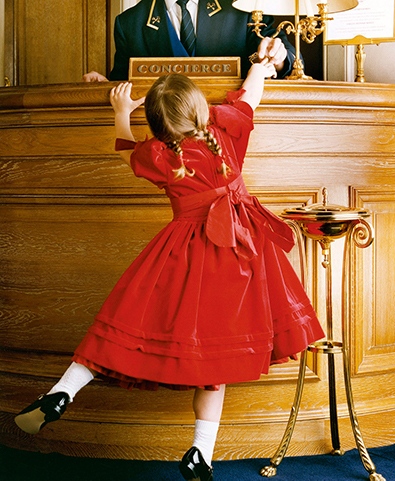
True luxury lies in individual treatment. Not everyone needs the same thing. One person wants to be left alone, the other loves to be constantly asked about his condition. The fact that not everyone is lumped together is, of course, also the future of tourism. People want individual packages, luxury amenities alone are no longer enough. People want to feel like regular guests, even if they are staying in a resort or hotel for the first time. This is exactly where good accommodation differs from bad. And, as Caesar quite rightly recognised, a hotel where the menu isn't right won't be able to stay at the top for long. Often, the future of travel simply lies in the past. After all, people used to know perfectly well what luxury meant. You just have to rediscover this approach and adapt it to the present.
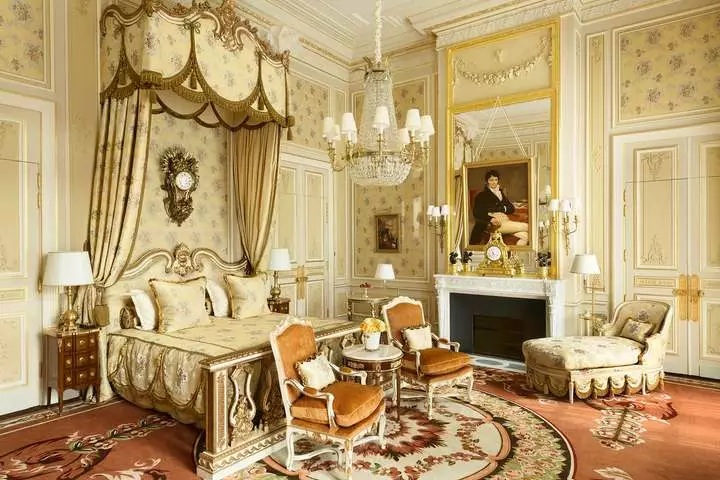
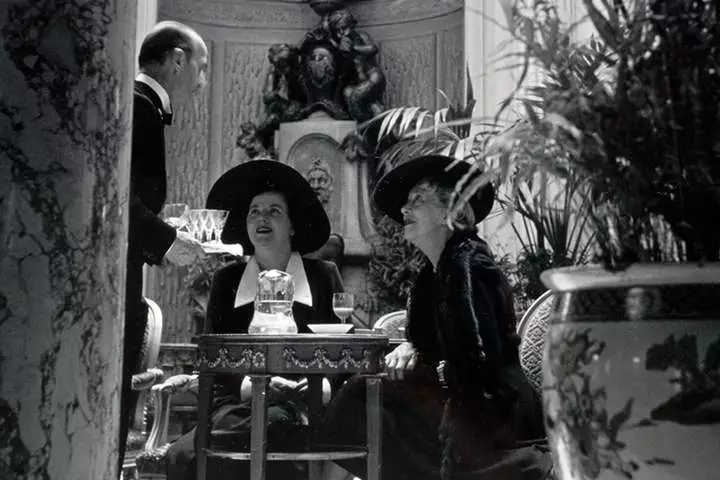
Picture Credits: Kevin Metallier, akg-images / picturedesk.com, Ritz Paris/Vincent Leroux, canonphotos, Wonderhatch/Simon John Owen, Getty Images
